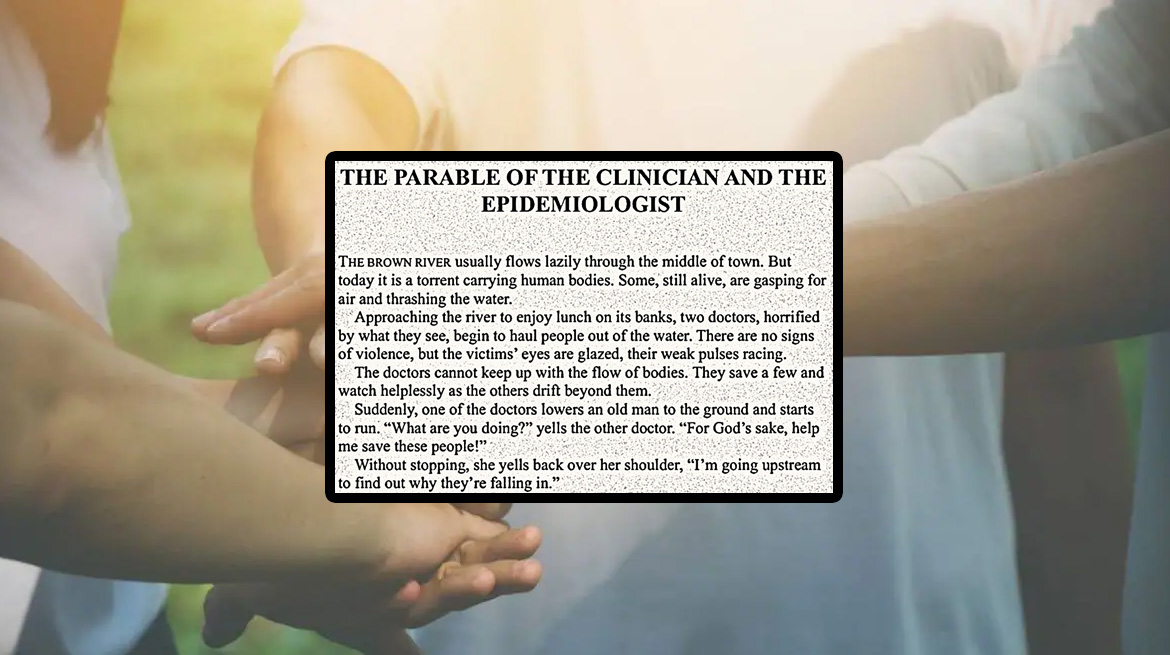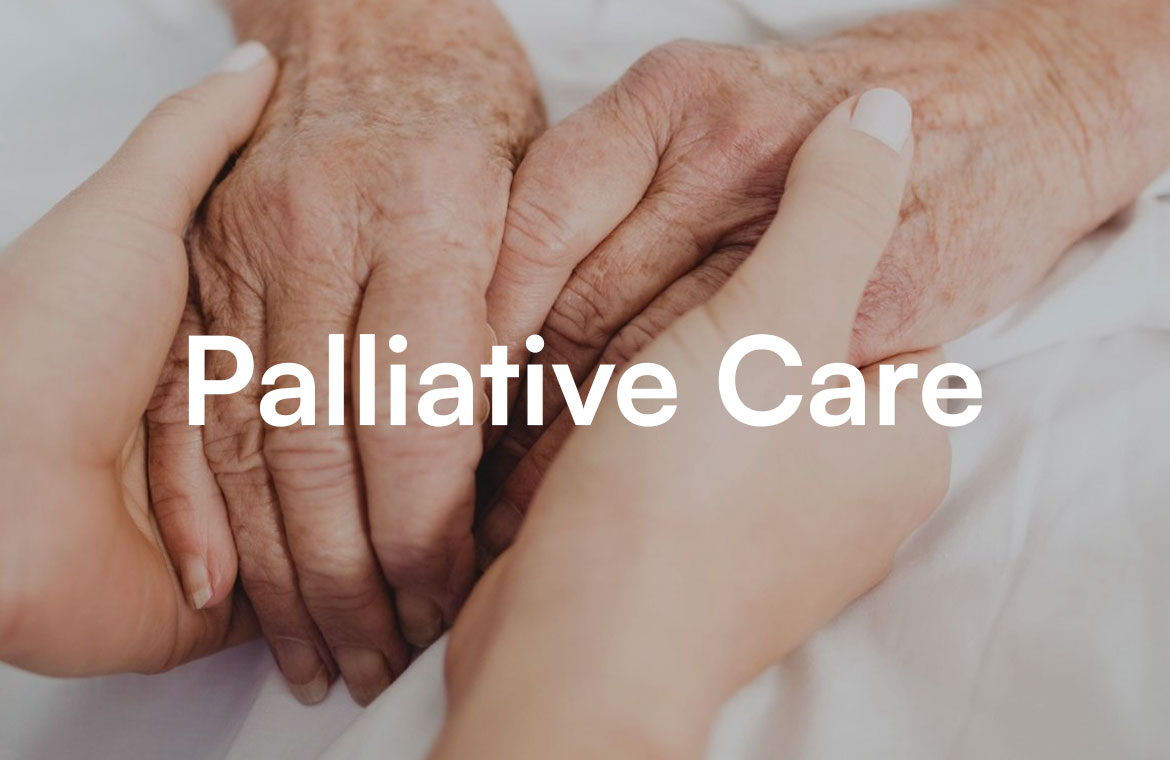The hardest question I faced from my MBBS batchmates and juniors when I joined the postgraduate program in Community Medicine was, why I chose this discipline—the black sheep of the healthcare family. While mostly the subject persuaders vehemently deny such charges of hatred, I always wanted to confront the issue. I often fail to explain that this discipline, disliked by majority of medical students, saves life in most unglamourous yet unimaginable ways. Given that this is a lifelong commitment, I will continuously strive to make my point.
In the pursuit of addressing this, we reviewed literature and found several published studies assessing the willingness among medical students to choose Community Medicine for specialization and reasons for not opting it. We chose to conduct a meta-analysis and reported a pooled estimate of 21% (95% CI: 14-27%).1 The studies included were biased, since most of them were conducted by departments of Community Medicine itself. This points to a graver fact, that the real percentage is even lower. Literature reveals that reasons for dislike included perceived absence of clinical works and intellectual challenge, concerns about job opportunities and financial rewards, stress and challenges of fieldwork, insufficient exposure to practical work, lower self-esteem compared to other specialties, and most disappointing of all, inadequate guidance from seniors.
Before we start, we need to introspect on how confident the brethren itself is. Within the Community Medicine fraternity, there is a strong desire to establish a clinical identity. At the same time, this fraternity is apprehensive about the non-medical public health practitioners.2 In spite of having the key role of integrating a community-focused perspective into healthcare, with robust epidemiological footing, and having the best scope of practising public health (with MBBS as our core competency, unlike non-medical professionals), while engaging in research, all at once, we fail to have conviction in our prospects. The 2018 IAPSM Declaration eloquently outlines the scopes and roles.3
As a young enthusiast of the subject, I share its benefits with my juniors. These points are precisely why I chose this discipline. It provides diverse career opportunities, patient interactions, wide scope of research, on job travelling. Since the patient burden at primary health centres is lesser than the tertiary healthcare level (this skewedness, though needs to improve, but certainly will not be so in near future), we can go much beyond medicine and help our patient in a holistic way. We can enjoy work-life balance with fixed number of working hours (mostly true unless in crisis situations). As a specialization with few emerging sub-specializations, there is no need to pass another entrance exam for yet another course. The beauty of the subject lies in its diverse scope, encompassing academia, epidemiological and clinical research, patient care, public health practice, and social medicine. The chance of litigation is also lower than other disciplines.4
Few suggestions that I believe, will prove to be helpful:
- We need to rebrand our subject, detaching it from the stereotypical notions of latrines and mosquitoes; and the post-pandemic world provides the perfect backdrop.
- Passionate mentors should come forward, discuss (specially with medical students).
- There should be more collaborative efforts with local health organizations. This will be helpful for facilitating hands-on experiences, for both undergraduate and postgraduate students.
- Stalwarts from the field can share their experiences in online or offline mode to students, highlighting the success stories and lessons.
- The curriculum should be frequently updated and revised, since ours is a dynamic subject. MBBS students often limit their reading to Park’s textbook of Community Medicine. This should be complemented with other reading materials that feature engaging interfaces.
- We should be promoting subject-centric activities like national health program evaluation, community-based researches and epidemiological investigations, during internship. Such activities will be requiring strong institutional and medical education regulatory body support.
- Students’ ambassador programme can be initiated with volunteers.
- Digital tools and platforms can be utilized to enhance learning experiences, such as virtual field trips, case studies, interactive modules, projects, workshops, clubs and creative problem-solving.
- The societal impacts can be highlighted and demonstrated with examples (at local, national and international levels), to students and interns.
- Social media should play vital role in propagating positive narrative, dispelling misconceptions (and not only share Community Medicine jokes).
As someone invested in the field, I eagerly anticipate a day when Community Medicine achieves widespread acclaim. We need fervent individuals who genuinely love the subject and are committed to it, rather than as a feasible choice after entrance examination, for the sake of higher degree. With ardent mentorship, students and interns can inculcate genuine passion for Community Medicine. This not only has the potential to boost the discipline’s appeal but also addresses the crucial need for widespread healthcare solutions. Public health crises rank among the most pressing global challenges. Tackling these issues can bring profound benefits to humanity and aid in achieving the Sustainable Development Goals that we all strive for.5 Community Medicine professionals are uniquely suited to address these problems and their passion and commitment are crucial for addressing such global challenges. Hence, the devout individuals are the need of the hour.
Reference
- Gupta S, Debnath A, Charag S, Kishore J. Perceptions and Attitudes Toward Community Medicine Among Medical Students: A Systematic Review. Cureus. 2024 Jan;16(1):e52107.
- Community Medicine in India — Which Way Forward? – PMC [Internet]. [cited 2024 Jul 28]. Available from: https://www.ncbi.nlm.nih.gov/pmc/articles/PMC4746954/
- Joseph A, Kadri AM, Krishnan A, Garg BS, Ahmed FU, Kumar P, et al. IAPSM Declaration 2018: Definition, Role, Scope of Community Medicine and Functions of Community Medicine Specialists. Indian J Community Med. 2018;43(2):120–1.
- Sukumar S. Medical negligence in cases decided by the National Consumer Disputes Redressal Commission: A five-year retrospective review. Indian J Med Ethics. 2023;VIII(4):273–8.
- Sustainable Development Goals [Internet]. UNDP. [cited 2024 Jul 20]. Available from: https://www.undp.org/sustainable-development-goals

From Inside the outbreaks, the elite medical detectives of the Epidemic Intelligence Service by Mark Pendergras.





A good write up, Sunanda. Let us know if you would wish to carry forward any of the suggestions shared here.
Thank you, sir, for the kind words. I definitely want to carry forward the suggestions. I personally try to motivate my juniors whenever I feel the need.
Great Blog!
1. Concept of Clinical diagnosis Vs Community Diagnosis
2. Patient treatment Vs Community Treatment
3. Epidemiology is a great science!
4. 3 A’s are critical
5. Designing and implementing strategies in health programs is another interesting arena
Public health is science but it’s more an art!
Agreed Sir!
We need to highlight these for students.